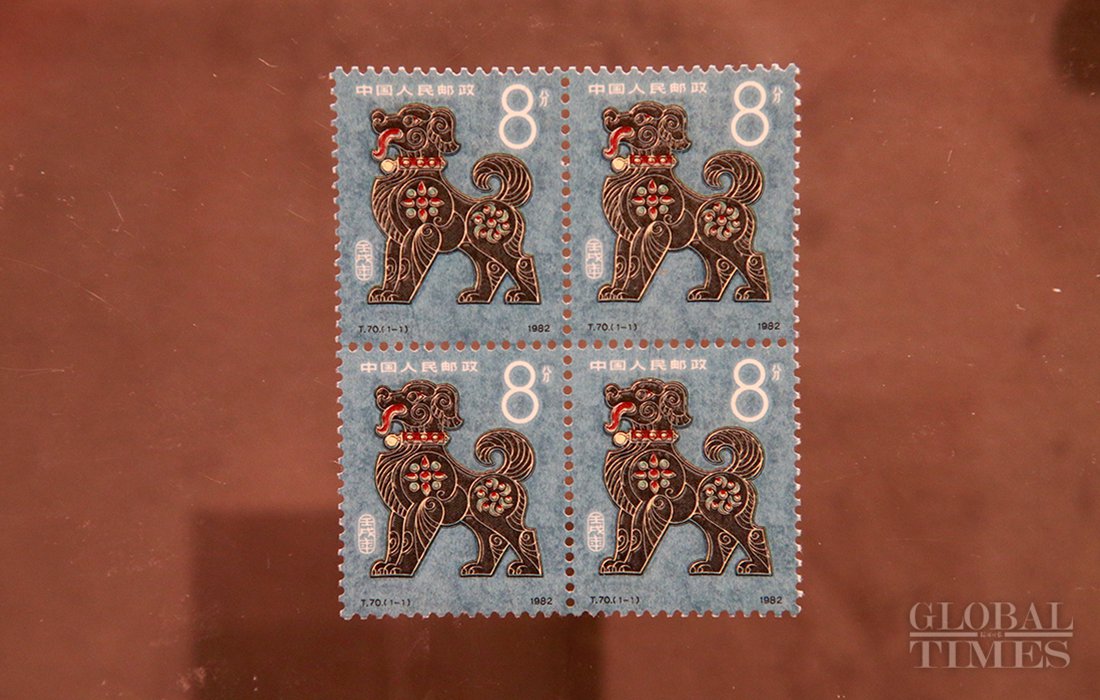China will accelerate the opening of its capital market to foreign asset managers and the market will likely see a surge in new investment products offered by foreign funds in the first quarter of this year, according to a senior official of the Asset Management Association of China.
Recent stock market volatility and intensified regulation to curb financial risks will not derail China's effort to reform and open its capital markets, and foreign fund managers have expressed optimism regarding the Chinese market's long-term prospects, the AMAC official said.
"They will come with their mature investment strategies and business models, which will bring healthy competition and benefit the long-term development of the domestic sector," the official said.
The growing affluence of Chinese investors and their growing demand for increasingly sophisticated investment products have attracted many global investment firms to China's multi-trillion dollar asset management market.
So far, 10 foreign asset managers including Fidelity International, BlackRock, UBS, Man Group, and Schroders are qualified to sell onshore funds to Chinese clients, according to the AMAC.
Despite last week's 9.6 percent fall in the Chinese mainland's A-share market, Lynda Zhou, a portfolio manager at Fidelity International, said a greater opening of China's financial market was likely this year as foreign participation helps it become increasingly mature.
"My long-term view on China is not changed. … The recent market correction is a healthy one as the valuation of blue chips was very expensive. When value re-emerges, I believe foreign investors will come in again," Zhou said.
China opened its asset management industry to international players in 2016 by allowing them to set up wholly foreign-owned enterprises to raise onshore funds and invest in the mainland's securities market. Previously, they could only enter the market by owning a minority stake in a joint venture with a local Chinese partner.
Foreign fund managers have expressed great interest in raising onshore funds to invest in the Chinese interbank bond market, which is currently unavailable to them, as they see fixed-income products as an important asset class in their portfolios and a necessary tool to hedge against risks in the equities market for their clients.
Many of them have also been seeking regulatory approval to raise onshore funds and invest in overseas markets with a certain quota under the pilot program known as the Qualified Domestic Limited Partnership.
"The QDLP program has allowed us to further understand the risk preference of Chinese investors and the existing regulatory environment in China. We will continue to use our global advantage to create value for our Chinese clients," BlackRock said in a written response to China Daily.
China suspended the program in 2015 as the country faced mounting pressure from capital outflows. But the renewed foreign interest indicates that the authorities may lift the suspension in the near future.
The recent market correction is not expected to detract from China's effort to reform its capital market or boost the attractiveness of A-shares to domestic and foreign investors.
The Shenzhen Stock Exchange said on Friday in its 2018-20 development plan that it will reform the current listing requirements for its startup board and will make the exchange more inclusive for high-tech and innovative companies.


















































